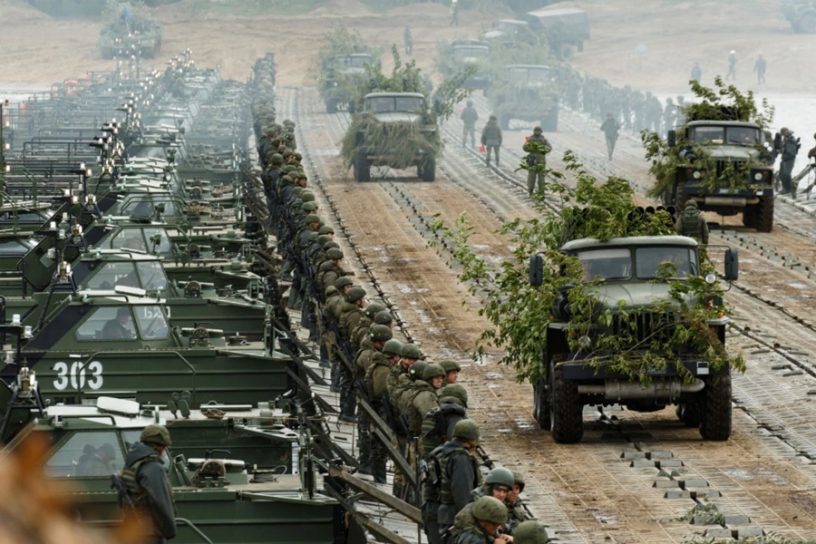
There is a need to consider the Ukraine crisis from the intersection of geopolitics and geoeconomics given the fact that EU’s energy dependence on Russia is a reality that must be factored in.
Author
Abhinav Mehrotra, Assistant Professor, Jindal Global Law School, O.P. Jindal Global University, Sonipat, Haryana, India.
Summary
Various countries and blocs — including the United States, the European Union and the United Kingdom — have imposed a series of sanctions against Russia, targeting banks, oil refineries and military exports. Two of Russia’s largest banks – state-backed Sberbank and VTB Bank — have been sanctioned, export controls are introduced, and the country is cut off from the Society for Worldwide Interbank Financial Telecommunication (SWIFT) international payment system. In this light, there is a need to consider the Ukraine crisis from the intersection of geopolitics and geoeconomics given the fact that EU’s energy dependence on Russia is a reality that must be factored in. The EU imports a large percentage of its total gas and oil from Russia — with the Central and Eastern European countries being almost 100 per cent dependent on Russian gas.
The questions that arise in this regard are: How did the Ukrainian crisis come into being? What is the role of NATO in the ongoing crisis? What is the economic significance of Ukraine for the EU? And finally, what is the possible way forward?
Historically, the modern Ukraine crisis began with Nikita Khrushchev’s 1954 transfer of Crimea from the Russian Socialist Federal Republic to the Ukrainian Socialist Federal Republic in order to commemorate the 300th anniversary of Ukraine-Russia unification.
The crisis further extenuated during the 1990s after the disintegration of the USSR, when the Western leaders understood that Russia must not be labelled as a defeated state. It was in this background that the West was to assume responsibility to develop post-Cold War structures, processes, perceptions, and activities by balancing the European nation’s interests and promoting the democratic and liberal values, alongside keeping Russia within the framework of such changes.
Published in: Millennium Post
To read the full article, please click here.


